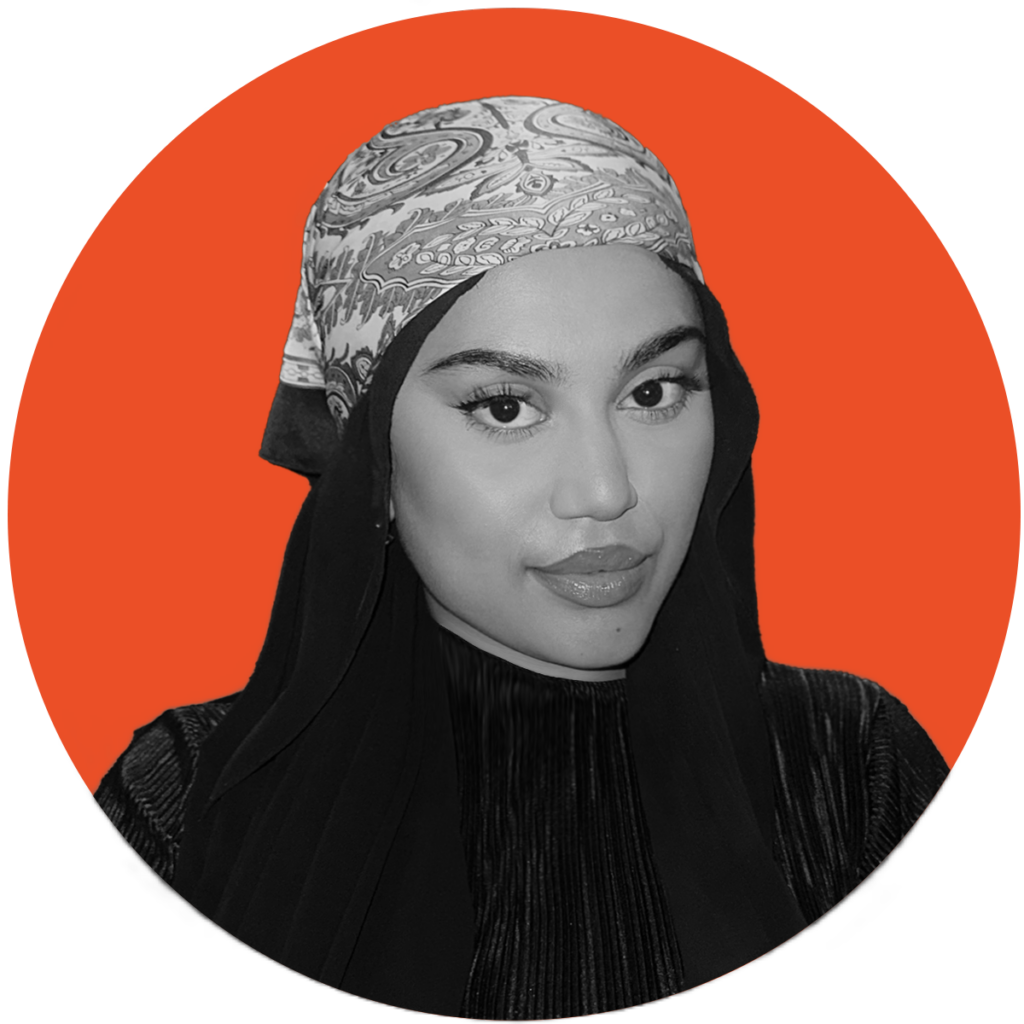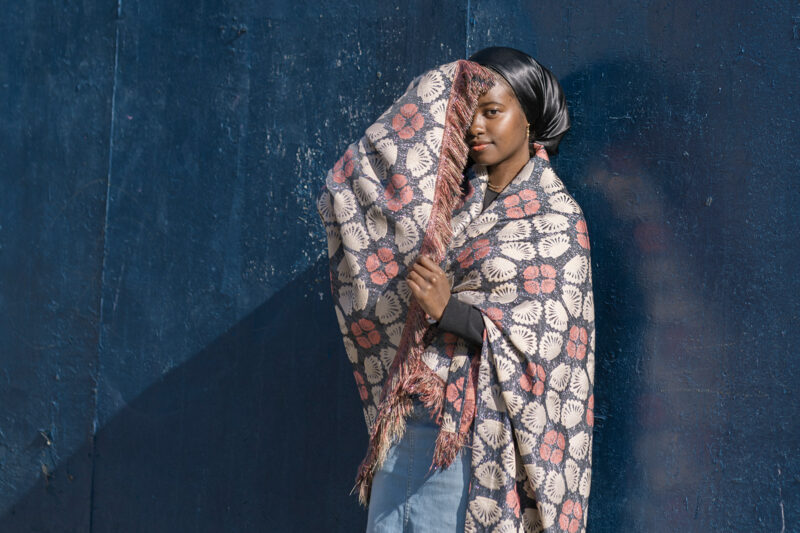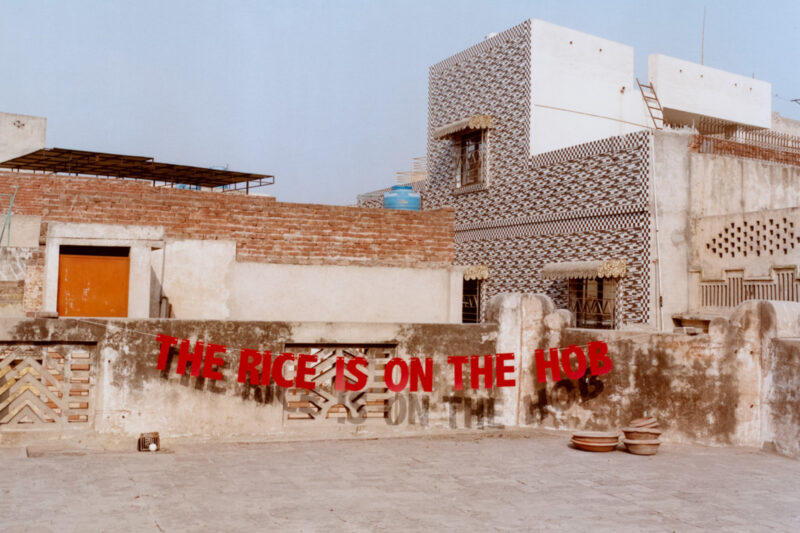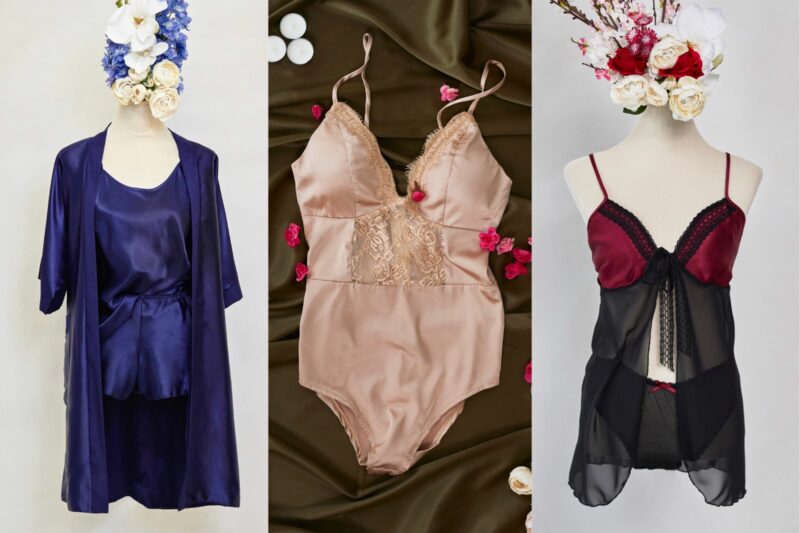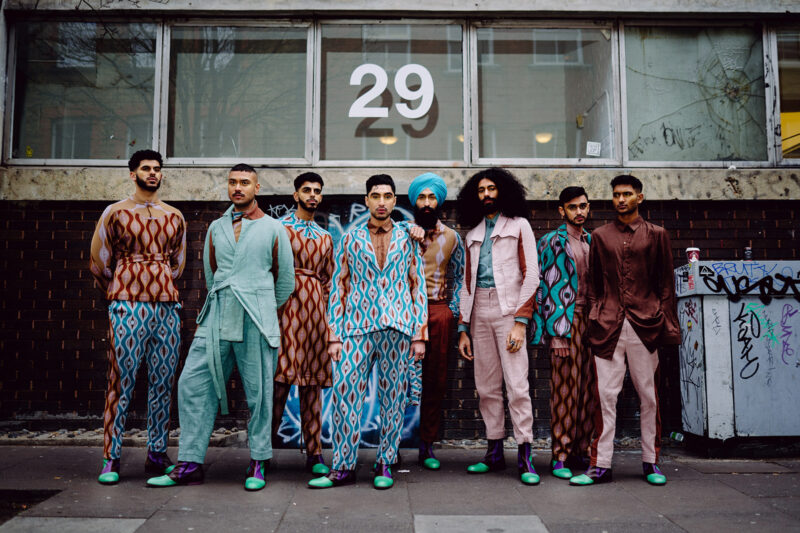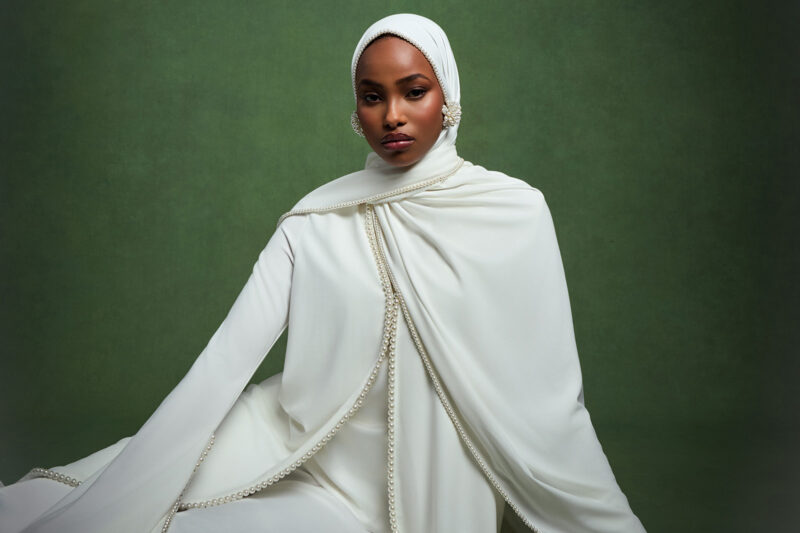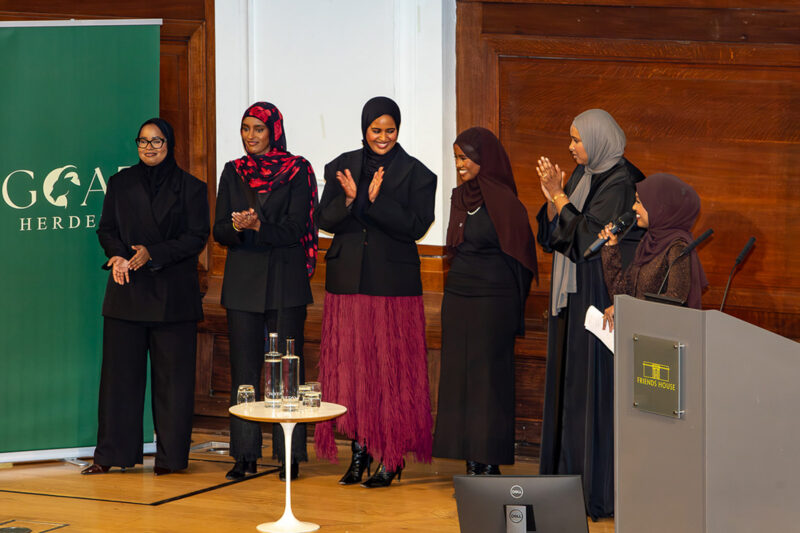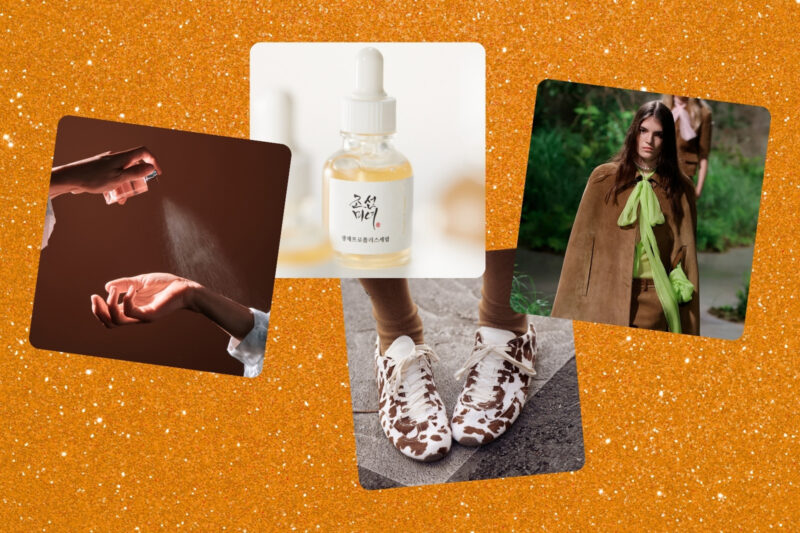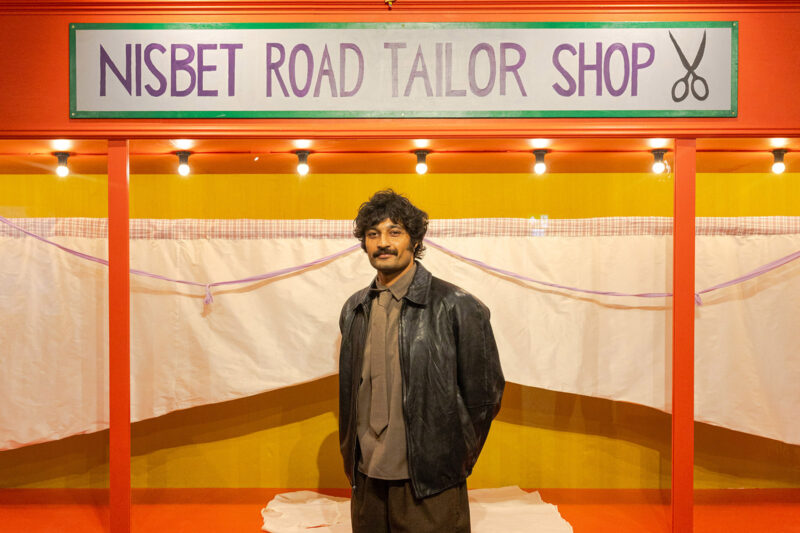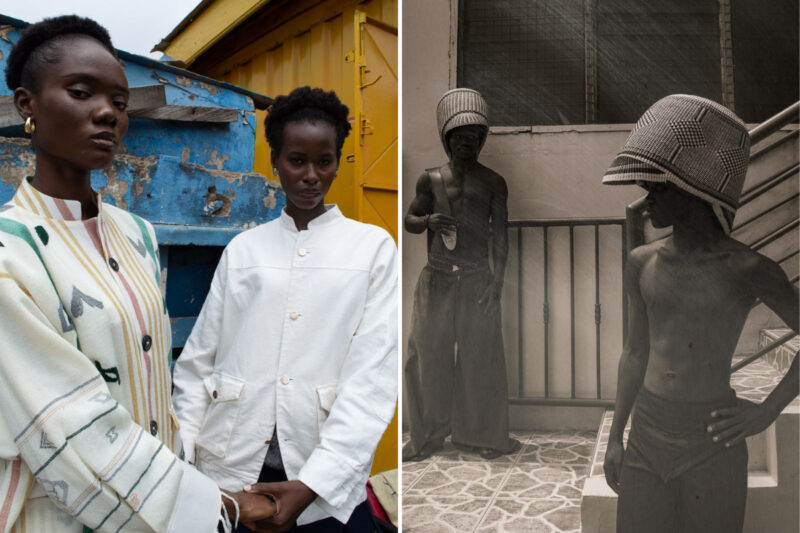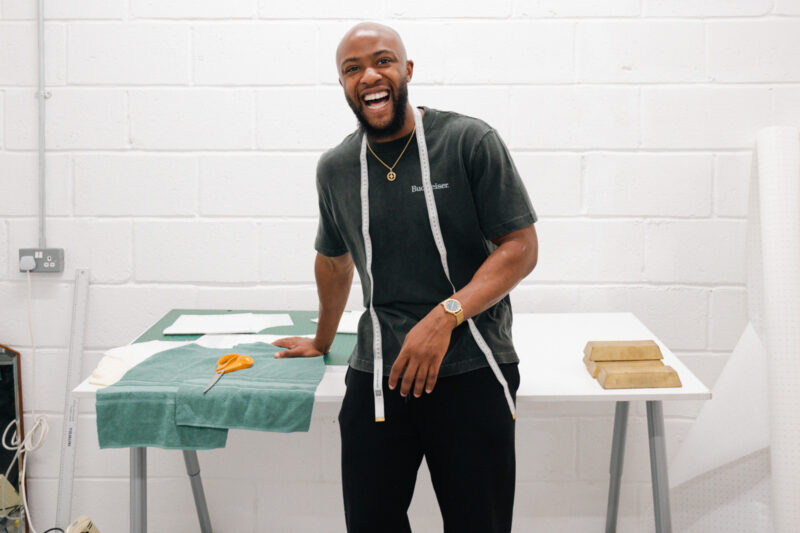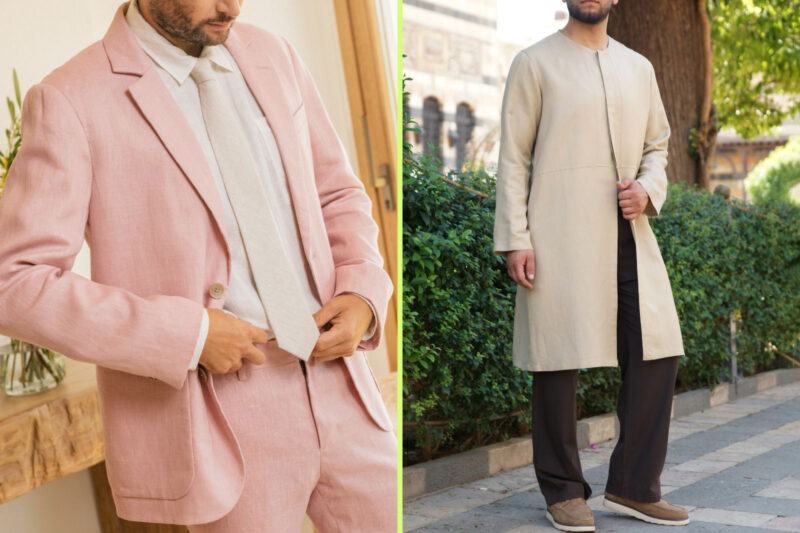Behind the seams with TikTok tailor Riddz
Working from his bedroom, young designer Ridwan Fadlu-Deen is upcycling his way to a bright future in the fashion industry
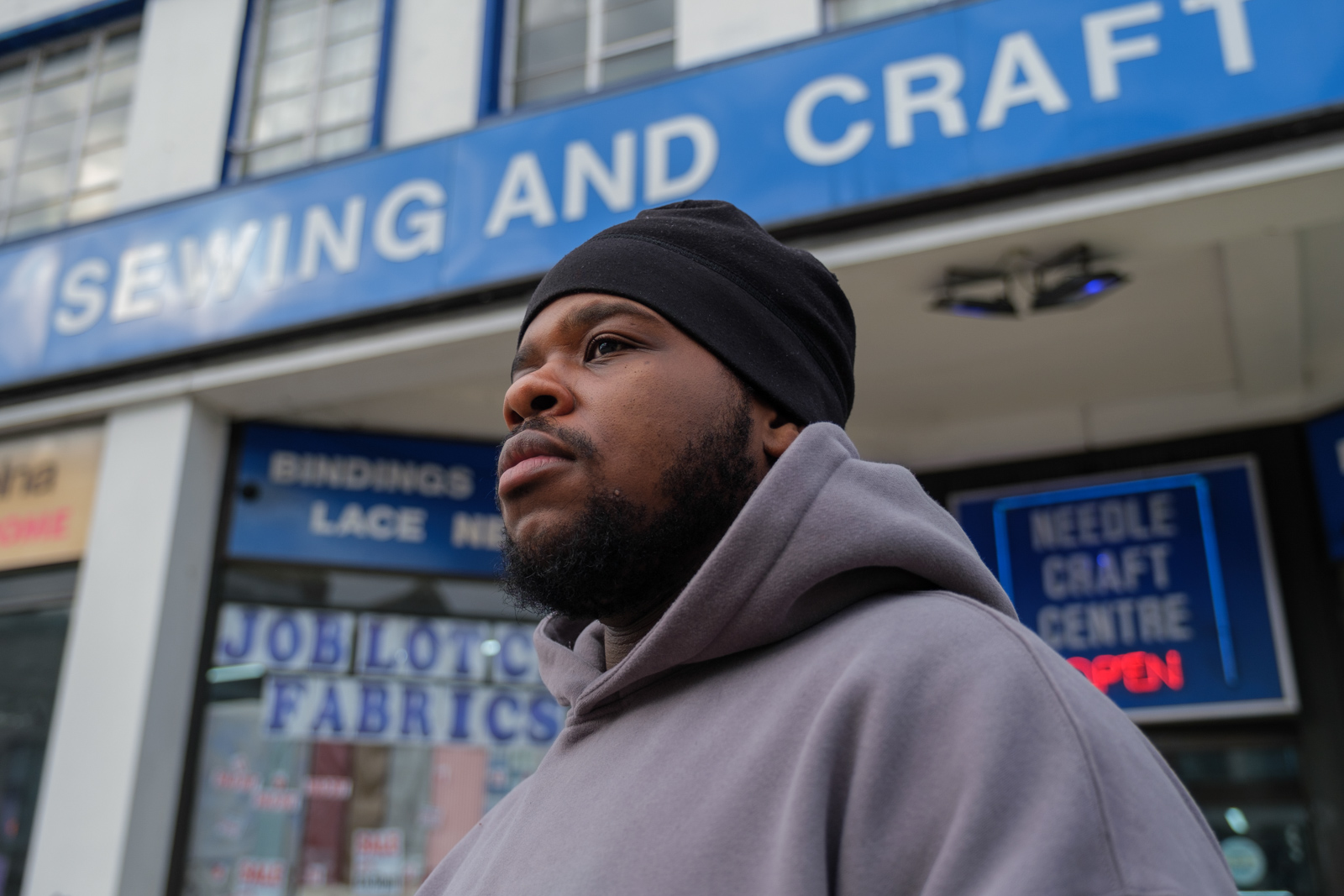
“On Monday I might be extravagant, but on Wednesday I’m back to being plain. My style is quite juxtaposing,” says Ridwan Fadlu-Deen as we get on the tube to his favourite fabric store on Balham High Road, south London.
Known online as Riddz, Deen, 22, is the creative force behind the fledgling upcycled clothing brand RRIPZ, which he has introduced to a growing audience on TikTok. “Fabric shopping is my creative haven. I can be in a shop for hours with limitless ideas,” he says.
Fashion and tailoring have long been part of Deen’s life. When he was growing up, his mum would make clothes for him, his older brother and younger sister. She also sent garments to family in Sierra Leone.
When he was 17, Deen’s mother taught him the fundamentals of stitching using her vintage sewing machine. That skill led him to experiment, repurposing vintage clothes into new creations for himself, friends and family.
“I’m a bit of a perfectionist so the pressure was wild trying to get it right from the get-go,” he says. I remember it being so difficult and wanted to quit halfway, but I got there in the end.”
Now, he is getting regular orders every week and has gained some influential clients, designing outfits for the British Nigerian rapper and singer Darkoo and his rapper friend Lil Macks.
Here, we follow Deen through the process of customising a pair of vintage jeans, from conception to the final fitting.
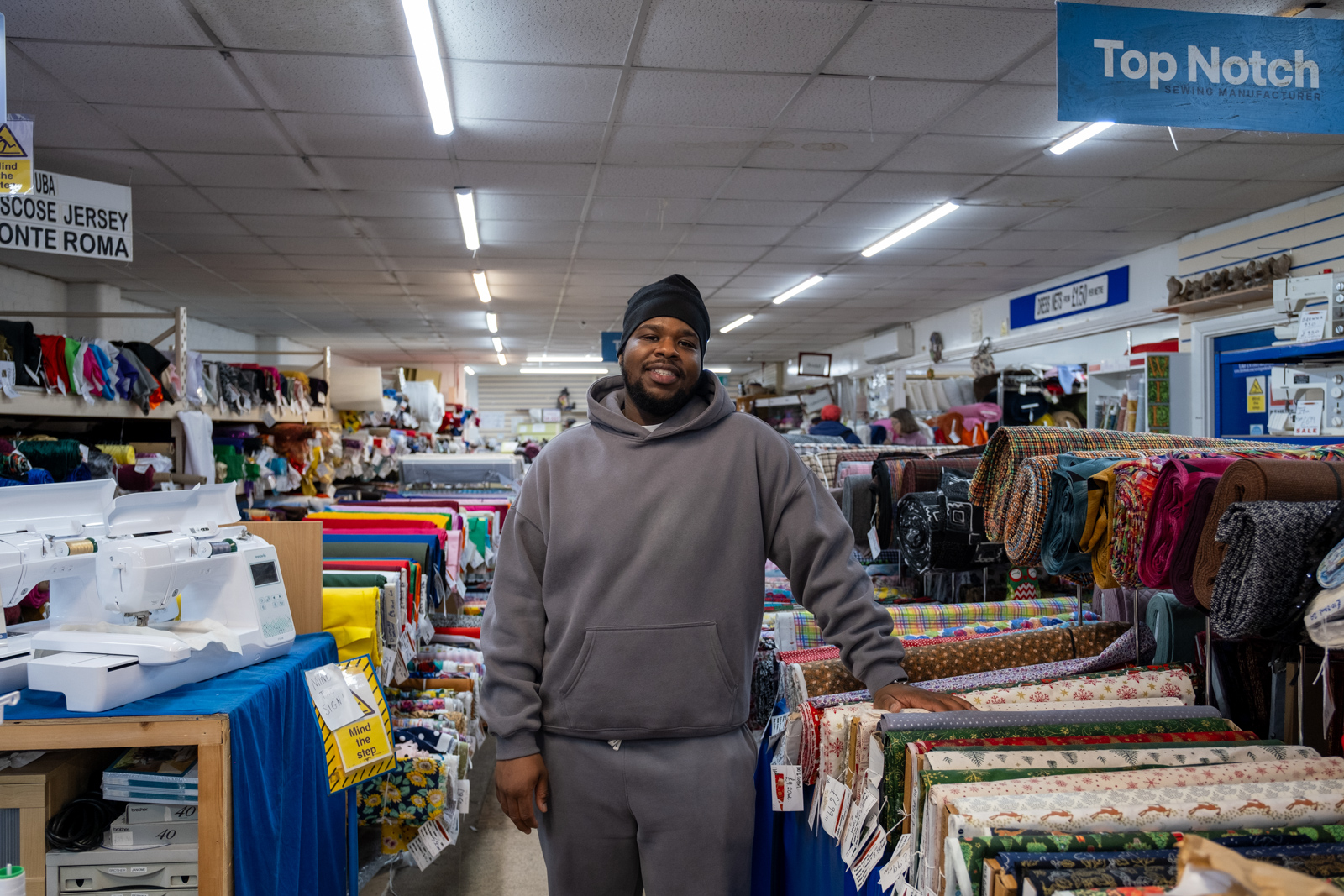
11 AM
Deen wanders through the array of fabrics at the Sewing and Crafts Superstore in Tooting, searching for materials to work with.
“It all started in June 2019 when I had a dinner to go to and I had nothing to wear,” he says. “At the time, the paint splatter look was trending, so I wanted to play around with that. I had some time to spare before dinner, so I laid out the newspaper, grabbed an old pair of jeans and went crazy,” he says.
“My mum was livid that I had got paint everywhere. But that night, a lot of people complimented me, saying, ‘Yo, your jeans are nice. Where are they from?’”
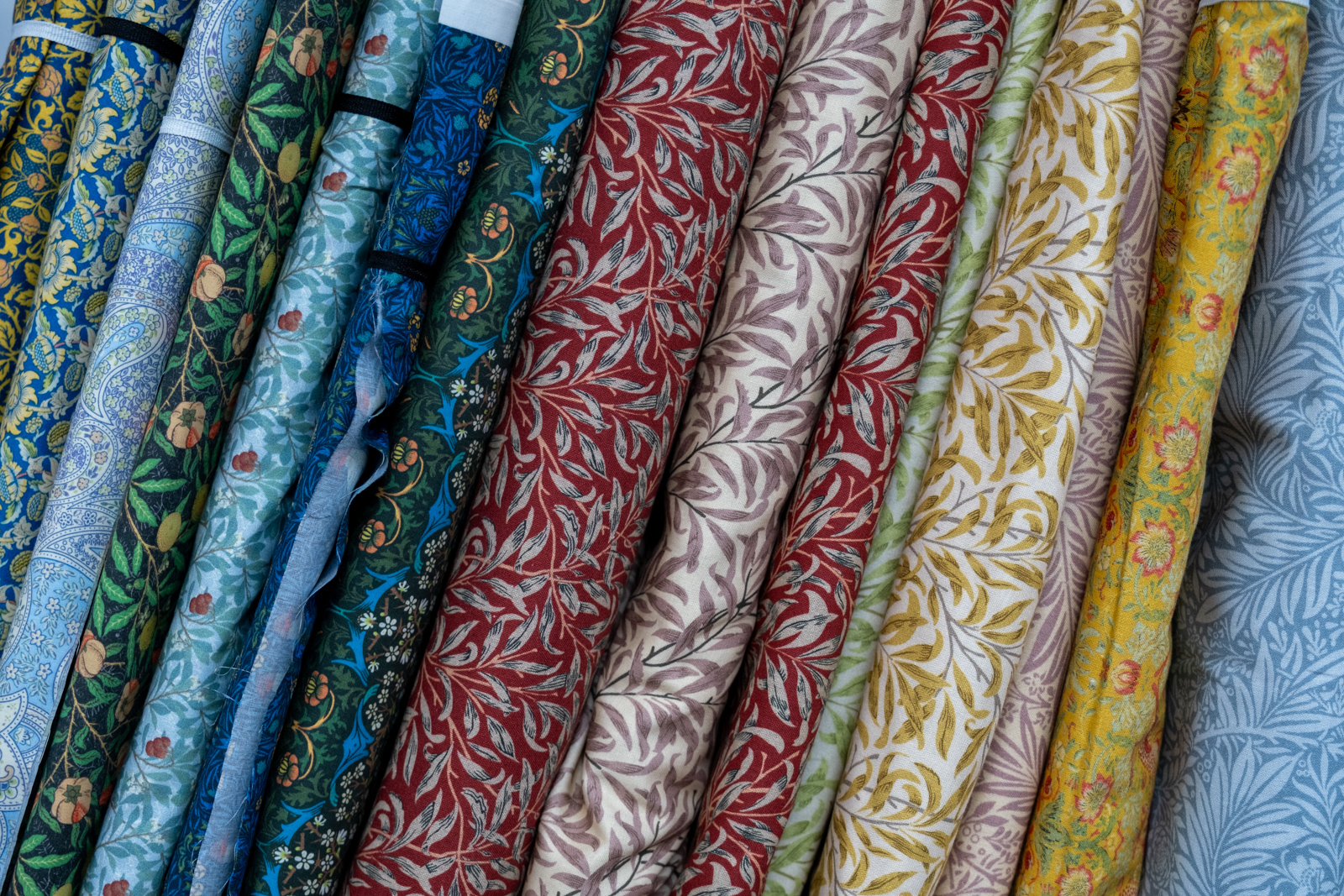
12 PM
Rummaging through a selection of threads and patterned fabrics, Deen explains how he comes up with the ideas for his projects. “When I go shopping for clothes it’s not always to buy stuff — it’s to get inspiration for what I can make myself instead. The satisfaction of seeing something, replicating it and then telling others you created it yourself is unmatched. Any time I go on holiday, I like to make my own outfits instead of buying them.”
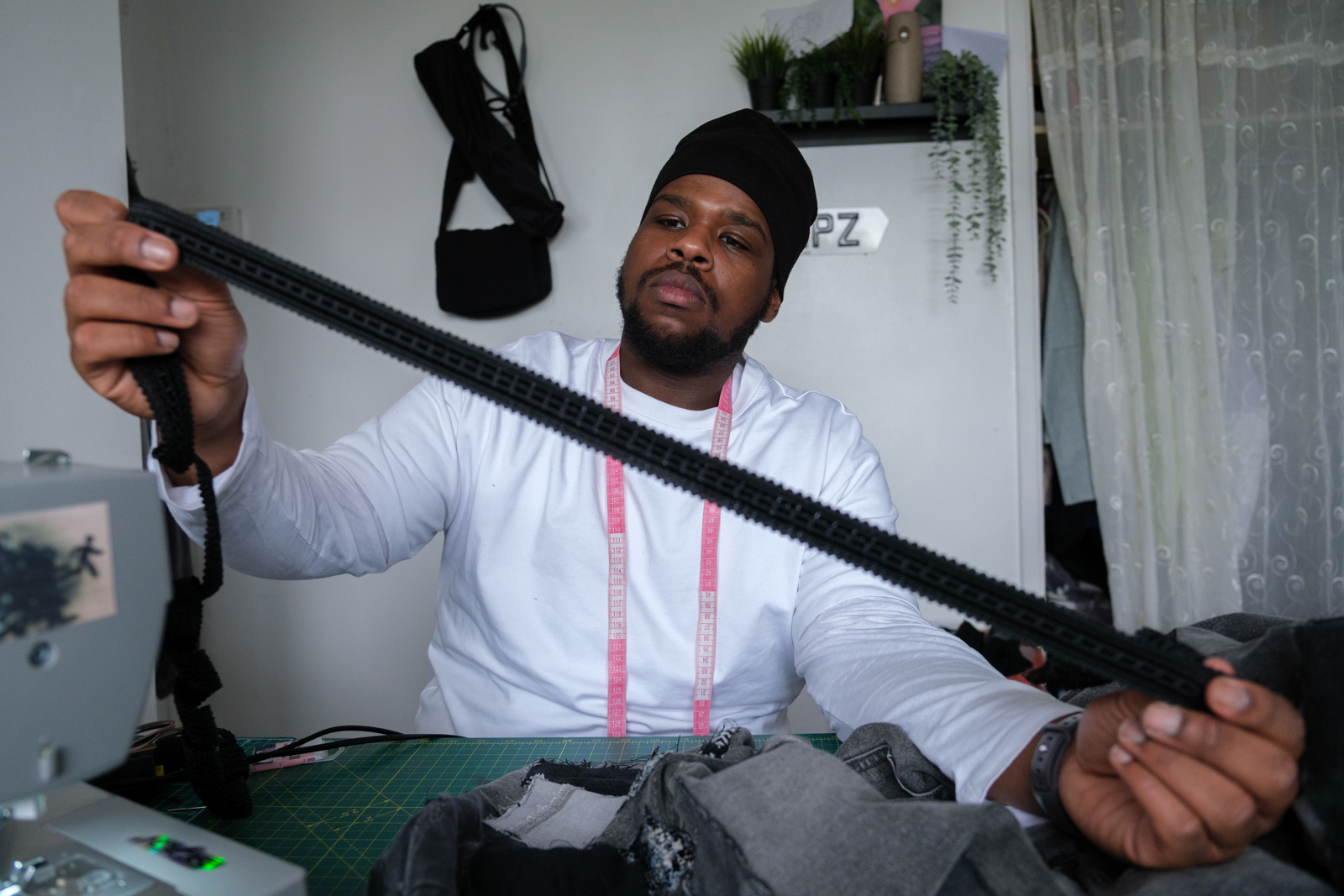
1 PM
With everything in hand, we head back to Deen’s home in Kennington. His workspace is in the bedroom he shares with his brother, but he hopes to soon have a studio of his own.
Deen makes a quick sketch of the design he has in mind: asymmetric distressed patchwork on a pair of jeans. He then cuts the sides open carefully so he can add a contrasting outseam, each piece measured for perfect alignment.
“I don’t see denim as a material for just jeans, it’s a versatile fabric so you can make anything with it, from clothes to accessories,” he says. “I’ve seen deconstructions of trainers turning Nike Air Force 1’s into a whole denim shoe, which is totally my vibe.”
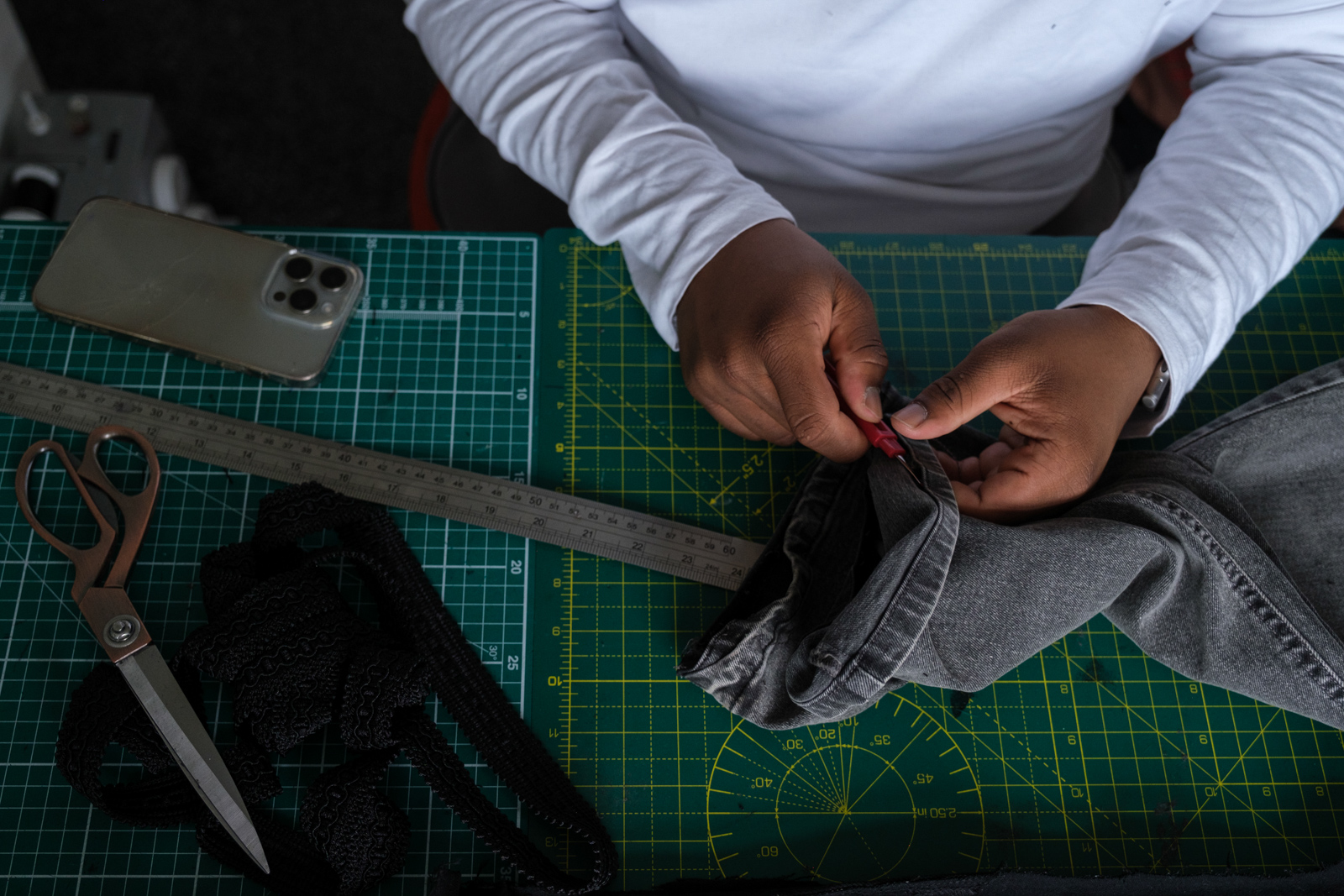
3 PM
Deen unpicks the tight stitching that runs along the bottom of the leg, unravelling it to create a raw, distressed look and an oversized finish. “I want my craft to align with my beliefs,” he says, explaining that he grew up in a household where Islam played a major role in daily life.
“I like making and wearing baggy clothes because it doesn’t show your shape. A lot of the jorts I make are below the knee so they cover the awrah — intimate parts of the body that must be covered. I don’t like making clothing that exposes these.
“If customers ask me to make clothing that’s short or revealing, I try to offer an alternative and say that a longer option would look better. If they’re not on board with that then I just decline their order.”
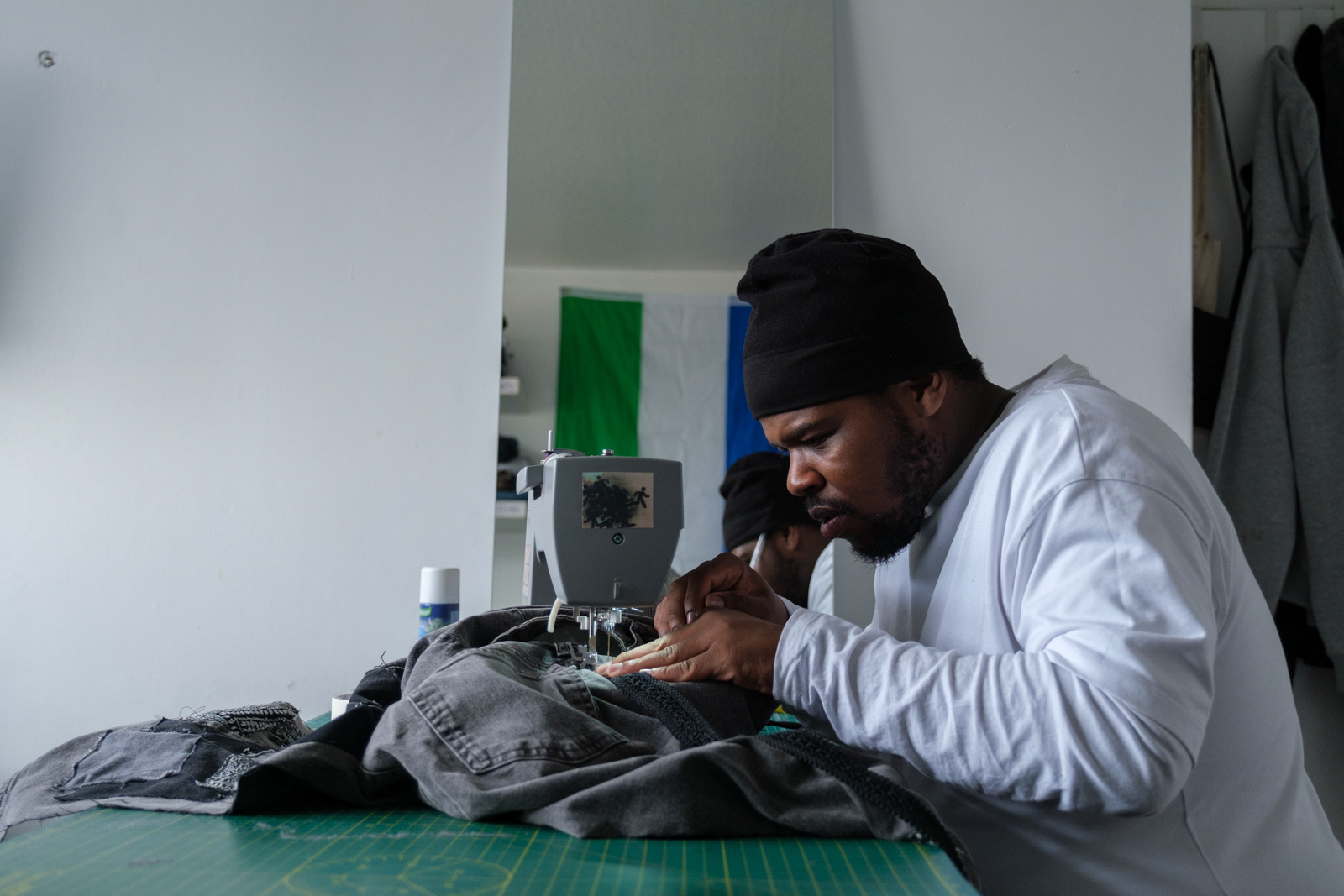
4 PM
Reaching for a tube of textile glue, Deen carefully positions patchwork panels on the denim. Then he fires up the sewing machine and gets to work.
“There’s something about the sound of the machine. It’s therapeutic,” he says. “It helps me focus when I’m working on a project. Even when my friends come around to chill, I’ll be sewing and the next minute they’ve fallen asleep.
“The most challenging part of the process is the machine itself, as it can be temperamental. Having a strong needle is vital when stitching, especially with thick materials because it can snap at any time. You have to have a lot of patience.”
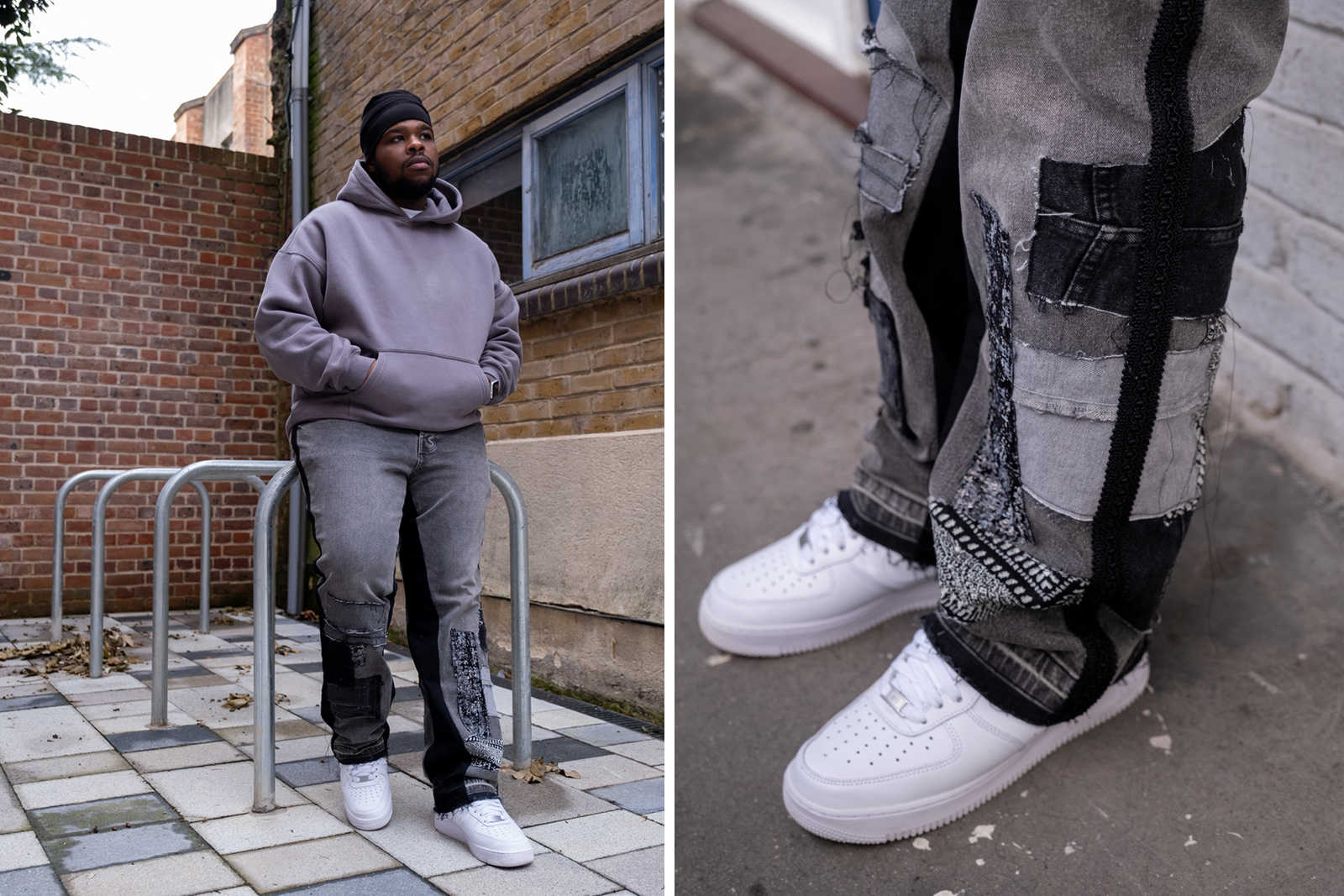
5.30 PM
Deen’s foot comes off the sewing machine pedal and the noise stops. His original idea has taken shape as a unique pair of bold patchwork jeans. After checking the fit and picking out a box-fresh pair of Nike Air Force 1’s to complete the look, Deen explains the importance of sustainable fashion.
“Creatives who upcycle clothing really inspire me,” he says. “Using old clothing to create something new is fascinating and that’s the basis of my work. It’s a whole genre online too. I like to refer to my version as creative destruction.”
 Newsletter
Newsletter

